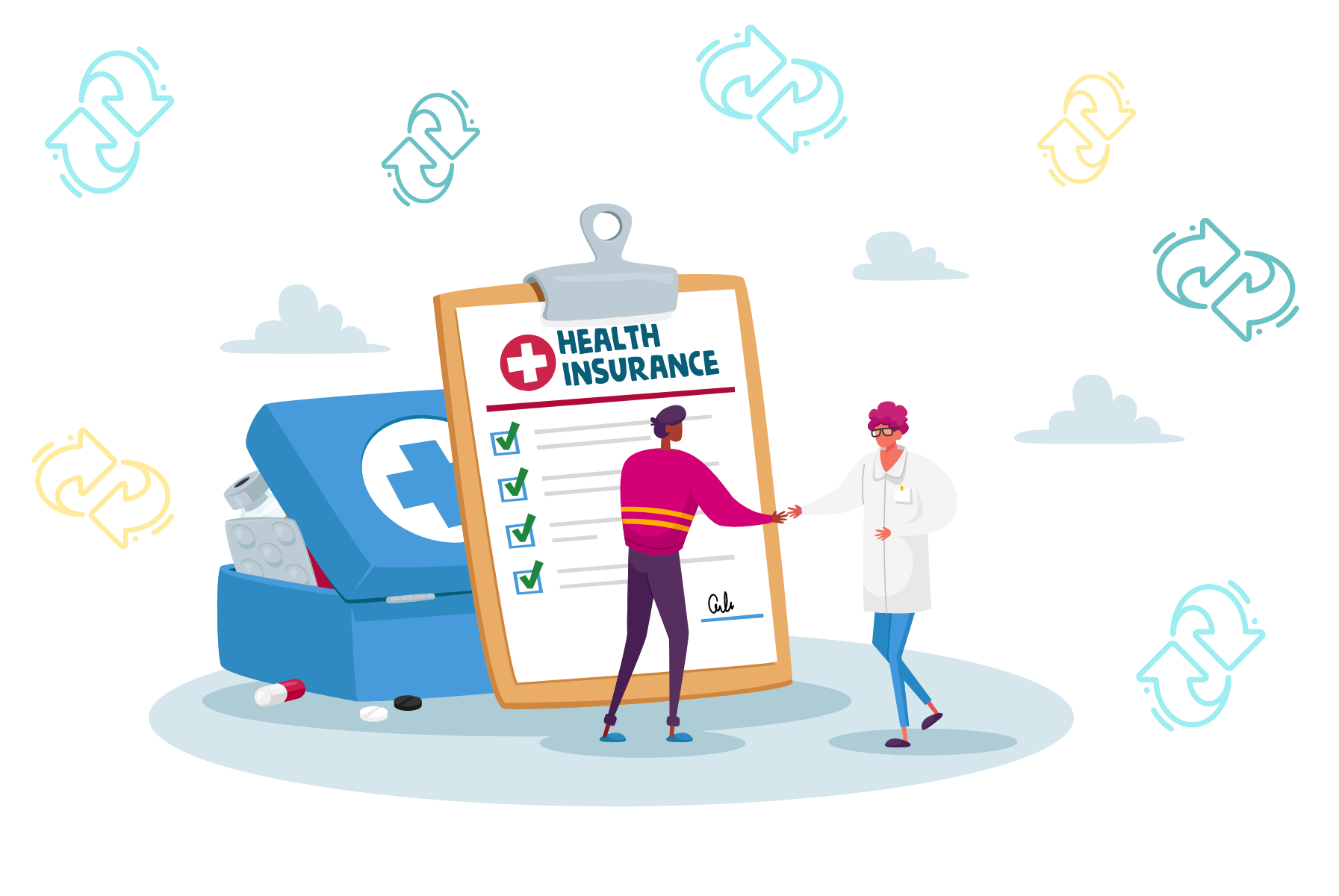Understanding Environmental Toxins
Environmental toxins refer to harmful substances present in our environment that can cause damage to living organisms. These toxins can originate from natural sources or human activities such as industrial processes, vehicle emissions, and pesticide use.
Common Sources of Environmental Toxins
Environmental toxins can be found in various sources, including air pollution, water contamination, household products, and even certain foods. Common examples include lead, mercury, asbestos, volatile organic compounds (VOCs), and pesticides.
The Impact of Environmental Toxins on Health
Exposure to environmental toxins can lead to a wide range of health problems. These toxins can affect various bodily systems, including the respiratory, nervous, and endocrine systems. Long-term exposure has been linked to respiratory diseases, neurological disorders, hormonal imbalances, and an increased risk of developing cancer.
In today's industrialized world, we are constantly exposed to environmental toxins that can have adverse effects on our health. Understanding the sources of these toxins and adopting strategies to minimize exposure is essential for maintaining a healthy lifestyle.
Respiratory Problems Caused by Environmental Toxins
Environmental toxins, particularly air pollutants, can contribute to respiratory issues such as asthma, bronchitis, and allergies. The inhalation of pollutants like particulate matter, ozone, and nitrogen dioxide can irritate the respiratory system and compromise lung function.
Hormonal Imbalances and Environmental Toxins
Certain environmental toxins, known as endocrine disruptors, can interfere with the normal functioning of hormones in our bodies. Exposure to these toxins can lead to hormonal imbalances, reproductive problems, and developmental issues, especially in children.
Increased Cancer Risk Due to Environmental Toxins
Many environmental toxins have carcinogenic properties, meaning they can increase the risk of developing cancer. Prolonged exposure to substances like asbestos, benzene, and certain pesticides has been associated with various types of cancer, including lung, bladder, and breast cancer.
Protecting Yourself: Minimizing Exposure
Minimizing exposure to environmental toxins is crucial for safeguarding our health. Here are some practical tips to reduce exposure:
Eat Healthy Food for Detoxification
A balanced diet rich in fruits, vegetables, whole grains, and lean proteins can help support the body's natural detoxification processes. These foods provide essential nutrients and antioxidants that aid in the elimination of toxins.
The Importance of a Balanced Diet
Maintaining a balanced diet is vital for overall health and well-being. A balanced diet food includes a variety of nutrient-dense foods from different food groups, ensuring that the body receives all the necessary vitamins, minerals, and macronutrients.
Key Nutrients for a Heart-Healthy Diet
A heart healthy diet focuses on consuming foods that promote cardiovascular health. These include foods low in saturated and trans fats, high in fiber, and rich in omega-3 fatty acids. Examples include oily fish, nuts, seeds, whole grains, and leafy greens.
Incorporating Nutritious Foods into Your Balanced Diet
To support your body's detoxification processes, incorporate foods like cruciferous vegetables (broccoli, cauliflower, Brussels sprouts), berries, garlic, turmeric, and green tea into your balanced diet. These foods contain compounds that aid in detoxification and reduce inflammation.
Avoiding Toxin-Contaminated Foods
Choose organic produce whenever possible to minimize exposure to pesticides. Additionally, opt for sustainably sourced seafood to avoid consuming high levels of mercury or other contaminants.
Filtering Your Drinking Water
Invest in a high-quality water filter to remove contaminants like lead, chlorine, and bacteria from your drinking water. This simple step can significantly reduce your exposure to waterborne toxins.
Reducing Indoor Air Pollution
Improve indoor air quality by using natural cleaning products, regularly ventilating your home, and avoiding the use of products with strong chemical odors. Additionally, consider incorporating indoor plants known for their air-purifying properties.
Raising Awareness and Advocating for Change
In addition to taking personal measures to minimize exposure to environmental toxins, raising awareness and advocating for stricter regulations is crucial. Support organizations working towards environmental protection and engage in sustainable practices to reduce overall environmental pollution.
Environmental toxins pose a significant risk to our health, but by understanding their sources and taking proactive steps, we can minimize our exposure. Eating a healthy and healthy diet, filtering drinking water, and reducing indoor air pollution are effective strategies in mitigating the impact of these toxins. By adopting these practices and advocating for change, we can create a healthier environment for ourselves and future generations.






 English (US) ·
English (US) ·